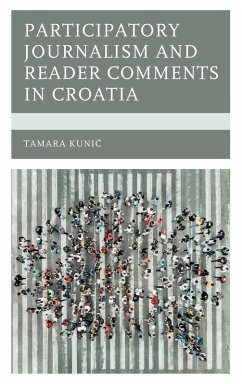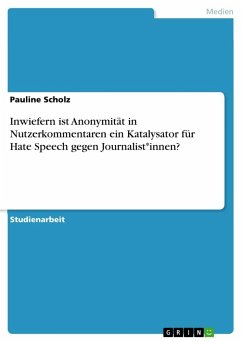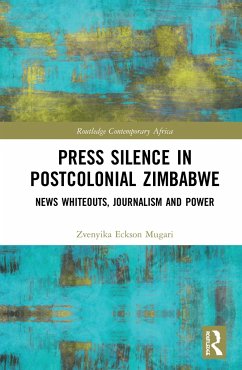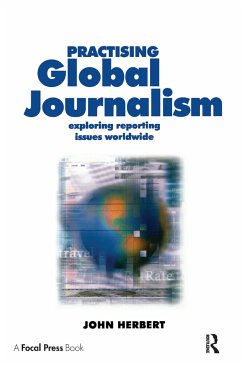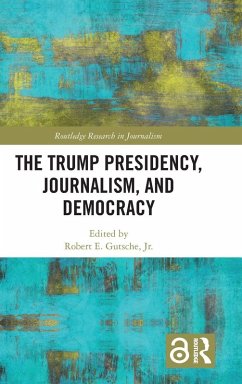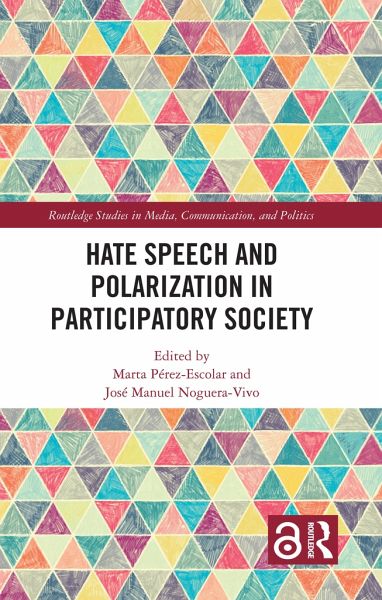
Hate Speech and Polarization in Participatory Society
Versandkostenfrei!
Versandfertig in 1-2 Wochen
168,99 €
inkl. MwSt.

PAYBACK Punkte
84 °P sammeln!
This timely volume offers a comprehensive and rigorous overview of the role of communication in the construction of hate speech and polarization in the online and offline arena. Delving into the meanings, implications, contexts and effects of extreme speech and gated communities in the media landscape, the chapters analyse misleading metaphors and rhetoric via focused case studies to understand how we can overcome the risks and threats stemming from the past decade's defining communicative phenomena. The book brings together an international team of experts, enabling a broad, multidisciplinary...
This timely volume offers a comprehensive and rigorous overview of the role of communication in the construction of hate speech and polarization in the online and offline arena. Delving into the meanings, implications, contexts and effects of extreme speech and gated communities in the media landscape, the chapters analyse misleading metaphors and rhetoric via focused case studies to understand how we can overcome the risks and threats stemming from the past decade's defining communicative phenomena. The book brings together an international team of experts, enabling a broad, multidisciplinary approach that examines hate speech, dislike, polarization and enclave deliberation as cross axes that influence offline and digital conversations. The diverse case studies herein offer insights into international news media, television drama and social media in a range of contexts, suggesting an academic frame of reference for examining this emerging phenomenon within the field of communication studies. Offering thoughtful and much-needed analysis, this collection will be of great interest to scholars and students working in communication studies, media studies, journalism, sociology, political science, political communication and cultural industries.




